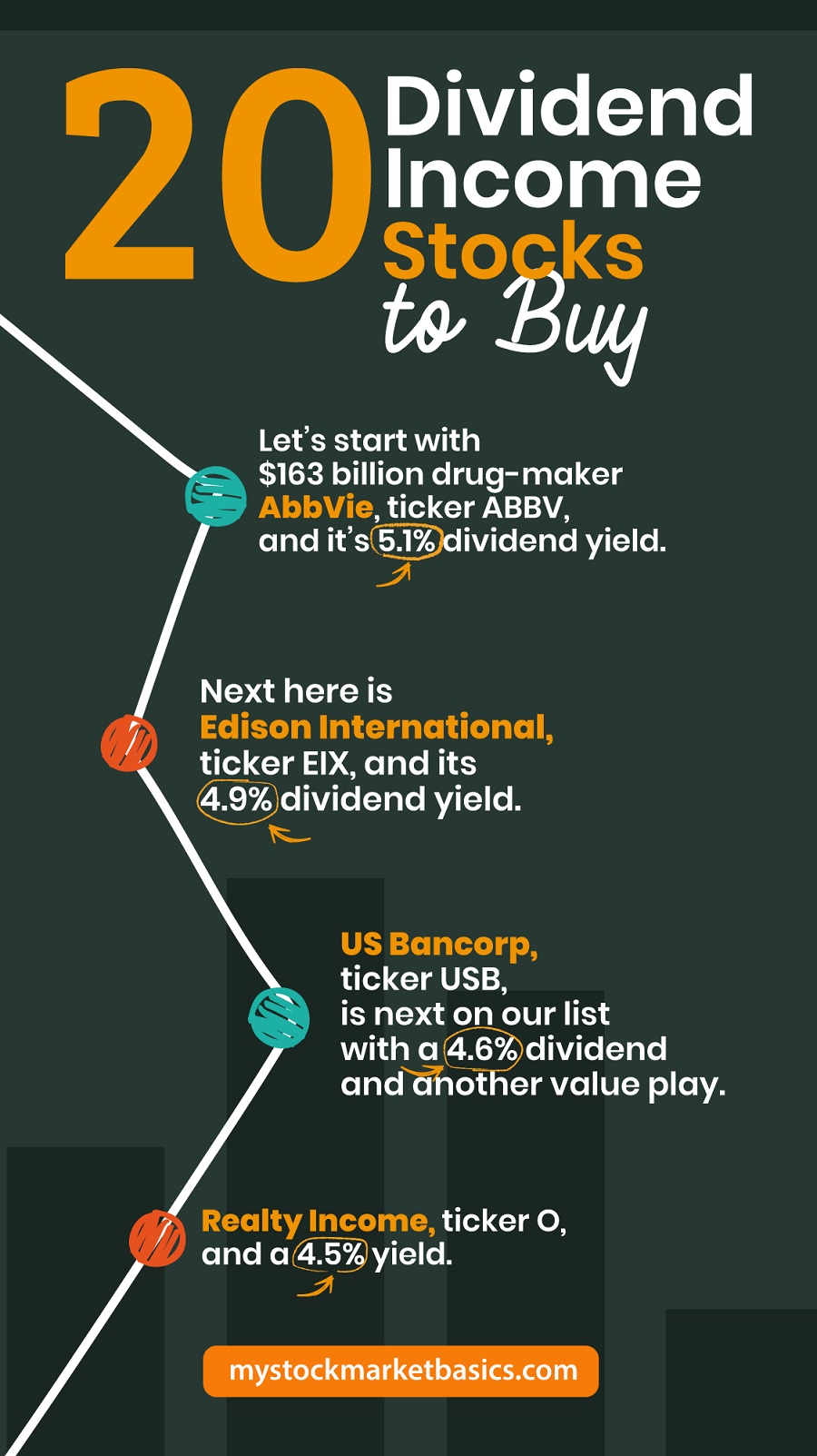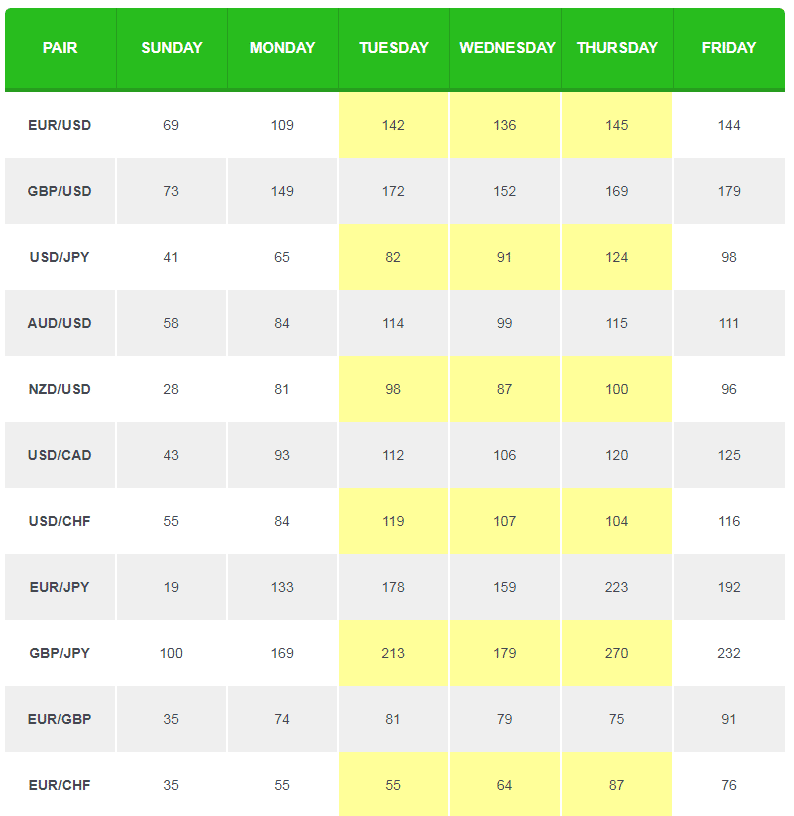
A stock future is a cash settlement futures contract that is calculated based on a stock market Index's value. According to the Bank for International Settlements (BIS), the global exchange-traded equity market futures market was valued in 2008 at US$130 trillion.
Stock index futures can be traded through a broker who deals in commodity futures.
Stock index futures have many similarities to stocks. But they are different because they do not trade in lots. Instead, they can only be written on an Index or a weighted collection of underlying securities. Arbitrage transactions can involve hundreds or thousands of trades in underlying securities when they are made using stock index futures contracts. Stock index futures, in other words, are just like stocks, but at a different cost.

In order to make a profit on stock index futures, traders must maintain a certain minimum account balance and meet margin requirements. Some brokerages require an account balance of at least 25%, while others require a lower minimum. For futures trading, the minimum account balance required by the financial industry regulatory agency is 25 percent. Some require more. Margin calls are used when investors need to add more funds to their accounts. Stock index futures contracts are legally binding.
They can be settled in cash
Stock index futures do not require delivery or settlement of the underlying asset, unlike other types. Instead, traders can speculate about the direction of the index by buying and selling futures to profit from price movements. These contracts are generally settled quarterly in September, March, June, and Sept. To receive payment, the index must be more than the price specified in the contract. A buyer will be able to make a profit if their index is worth more than the initial margin. Sellers will suffer a loss if it falls below the initial marginal amount.
Futures of stock indexes are based upon a fictional portfolio of equities which represent the index. These futures do not involve actual physical goods. They can be used by investors as a way to hedge against potential falls in their stock portfolio. Although they're settled in cash, stock index futures typically have expiration dates less than a year away. Investors can thus expect futures prices fluctuations, which is great for arbitrage trading.
They can also be used for hedge purposes.
Stock index futures can be used by many investors as hedging instruments. They can be used to show market trends and provide a convenient way for investors to adjust their exposure to markets without the need to incur transaction fees. Index futures can be used to hedge and speculate on market trends. Popular index futures are the E-mini S&P 500 (Nadaq-100), and the Dow. International markets have other options for index futures.

When they reach certain stages in their investment career, investors may choose to hedge their portfolios. They might want to reduce risk, especially as they get older and change their opinions about the stock market's direction. There are many benefits to hedging risk, and stock index futures are a great way to achieve this. For example, farmers using futures to lock in a price for selling their corn can reduce their risk by a specified amount.
FAQ
What are the benefits of investing in a mutual fund?
-
Low cost - purchasing shares directly from the company is expensive. A mutual fund can be cheaper than buying shares directly.
-
Diversification is a feature of most mutual funds that includes a variety securities. One type of security will lose value while others will increase in value.
-
Professional management - professional mangers ensure that the fund only holds securities that are compatible with its objectives.
-
Liquidity: Mutual funds allow you to have instant access cash. You can withdraw the money whenever and wherever you want.
-
Tax efficiency: Mutual funds are tax-efficient. Because mutual funds are tax efficient, you don’t have to worry much about capital gains or loss until you decide to sell your shares.
-
For buying or selling shares, there are no transaction costs and there are not any commissions.
-
Mutual funds are easy to use. You will need a bank accounts and some cash.
-
Flexibility: You can easily change your holdings without incurring additional charges.
-
Access to information: You can see what's happening in the fund and its performance.
-
Investment advice - ask questions and get the answers you need from the fund manager.
-
Security - Know exactly what security you have.
-
Control - The fund can be controlled in how it invests.
-
Portfolio tracking allows you to track the performance of your portfolio over time.
-
You can withdraw your money easily from the fund.
Investing through mutual funds has its disadvantages
-
Limited investment options - Not all possible investment opportunities are available in a mutual fund.
-
High expense ratio – Brokerage fees, administrative charges and operating costs are just a few of the expenses you will pay for owning a portion of a mutual trust fund. These expenses will reduce your returns.
-
Lack of liquidity: Many mutual funds won't take deposits. They must be purchased with cash. This limits your investment options.
-
Poor customer service - There is no single point where customers can complain about mutual funds. Instead, you need to contact the fund's brokers, salespeople, and administrators.
-
Rigorous - Insolvency of the fund could mean you lose everything
How are securities traded
The stock market allows investors to buy shares of companies and receive money. Shares are issued by companies to raise capital and sold to investors. Investors then sell these shares back to the company when they decide to profit from owning the company's assets.
The price at which stocks trade on the open market is determined by supply and demand. If there are fewer buyers than vendors, the price will rise. However, if sellers are more numerous than buyers, the prices will drop.
You can trade stocks in one of two ways.
-
Directly from your company
-
Through a broker
How do I choose a good investment company?
It is important to find one that charges low fees, provides high-quality administration, and offers a diverse portfolio. The type of security in your account will determine the fees. Some companies charge nothing for holding cash while others charge an annual flat fee, regardless of the amount you deposit. Others charge a percentage of your total assets.
You should also find out what kind of performance history they have. Companies with poor performance records might not be right for you. Companies with low net asset values (NAVs) or extremely volatile NAVs should be avoided.
You should also check their investment philosophy. Investment companies should be prepared to take on more risk in order to earn higher returns. If they aren't willing to take risk, they may not meet your expectations.
Statistics
- US resident who opens a new IBKR Pro individual or joint account receives a 0.25% rate reduction on margin loans. (nerdwallet.com)
- "If all of your money's in one stock, you could potentially lose 50% of it overnight," Moore says. (nerdwallet.com)
- Individuals with very limited financial experience are either terrified by horror stories of average investors losing 50% of their portfolio value or are beguiled by "hot tips" that bear the promise of huge rewards but seldom pay off. (investopedia.com)
- For instance, an individual or entity that owns 100,000 shares of a company with one million outstanding shares would have a 10% ownership stake. (investopedia.com)
External Links
How To
How to open a Trading Account
To open a brokerage bank account, the first step is to register. There are many brokers out there, and they all offer different services. There are many brokers that charge fees and others that don't. The most popular brokerages include Etrade, TD Ameritrade, Fidelity, Schwab, Scottrade, Interactive Brokers, etc.
Once your account has been opened, you will need to choose which type of account to open. You should choose one of these options:
-
Individual Retirement Accounts (IRAs)
-
Roth Individual Retirement Accounts
-
401(k)s
-
403(b)s
-
SIMPLE IRAs
-
SEP IRAs
-
SIMPLE 401K
Each option comes with its own set of benefits. IRA accounts have tax benefits but require more paperwork. Roth IRAs give investors the ability to deduct contributions from taxable income, but they cannot be used for withdrawals. SIMPLE IRAs and SEP IRAs can both be funded using employer matching money. SIMPLE IRAs can be set up in minutes. They allow employees and employers to contribute pretax dollars, as well as receive matching contributions.
You must decide how much you are willing to invest. This is also known as your first deposit. You will be offered a range of deposits, depending on how much you are willing to earn. You might receive $5,000-$10,000 depending upon your return rate. The lower end represents a conservative approach while the higher end represents a risky strategy.
You must decide what type of account to open. Next, you must decide how much money you wish to invest. You must invest a minimum amount with each broker. These minimum amounts can vary from broker to broker, so make sure you check with each one.
After deciding the type of account and the amount of money you want to invest, you must select a broker. Before you choose a broker, consider the following:
-
Fees - Make sure that the fee structure is transparent and reasonable. Many brokers will offer trades for free or rebates in order to hide their fees. Some brokers will increase their fees once you have made your first trade. Do not fall for any broker who promises extra fees.
-
Customer service – Look for customer service representatives that are knowledgeable about the products they sell and can answer your questions quickly.
-
Security - Look for a broker who offers security features like multi-signature technology or two-factor authentication.
-
Mobile apps - Find out if your broker offers mobile apps to allow you to view your portfolio anywhere, anytime from your smartphone.
-
Social media presence – Find out if your broker is active on social media. It may be time to move on if they don’t.
-
Technology - Does it use cutting-edge technology Is the trading platform simple to use? Are there any problems with the trading platform?
Once you have decided on a broker, it is time to open an account. While some brokers offer free trial, others will charge a small fee. After signing up you will need confirmation of your email address. Then, you'll be asked to provide personal information such as your name, date of birth, and social security number. Finally, you will need to prove that you are who you say they are.
After you have been verified, you will start receiving emails from your brokerage firm. These emails contain important information about you account and it is important that you carefully read them. This will include information such as which assets can be bought and sold, what types of transactions are available and the associated fees. Track any special promotions your broker sends. These could be referral bonuses, contests or even free trades.
Next, you will need to open an account online. An online account can usually be opened through a third party website such as TradeStation, Interactive Brokers, or any other similar site. These websites can be a great resource for beginners. To open an account, you will typically need to give your full name and address. You may also need to include your phone number, email address, and telephone number. Once you have submitted all the information, you will be issued an activation key. You can use this code to log on to your account, and complete the process.
Now that you have an account, you can begin investing.